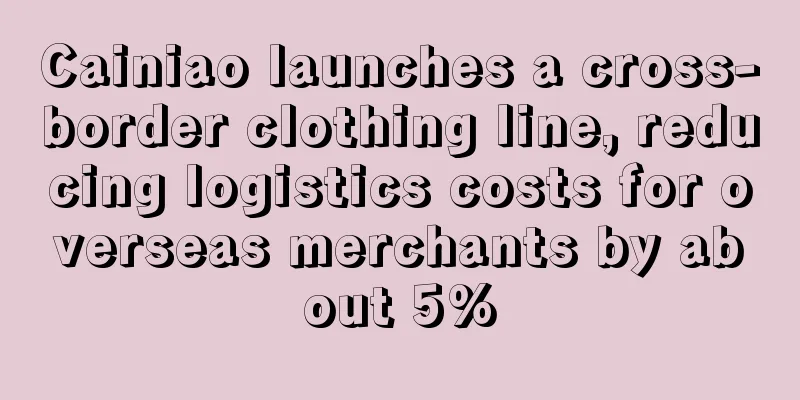South Korea's KFTC's regulations on platform operators spark controversy

|
Recently, a new bill proposed by the Korea Fair Trade Commission (KFTC) to regulate platform operators such as Google, Naver and Coupang has sparked controversy. The Korea Communications Commission (KCC) said that the regulation is redundant and the platform operators believe that the scope of the regulation is too broad.
The so-called "Online Platform Fairness Act" is reportedly targeting up to 30 domestic and international companies with commission income exceeding 10 billion won ($9.05 million). The antitrust regulator's punitive measures are aimed at curbing unfair business practices of online platform operators against contractors or consumers.
If the bill is passed, the new law will require platform operators to draw up contracts with their business partners on a physical document. They cannot force contractors (usually small businessmen) to provide them with financial benefits or shirk responsibility when accidents occur , and information technology companies may be punished for interfering in the business management of contractors or taking retaliatory actions against them.
Under the proposal, those who engage in unfair business practices and fail to comply with correction orders issued by the antitrust watchdog could face fines of up to 1 billion won. Woowa Brothers, which operates the No. 1 food delivery service Baedal Minjok, as well as Yanolja and Kakao are also subject to the new bill.
Platform operators believe the scope of regulation is too broad. An industry insider said : "In Europe and Japan, the law targets information technology giants such as Google or Facebook , but the proposed domestic law also regulates start-ups that have increased sales in the short term. In addition, I am not sure whether it is possible to sign a contract for every online transaction that occurs every second. "
The KCC said problems would arise when KFTC regulation of platform operators overlaps with its Telecommunications Business Act . Recently, Rep. Jun Hye-sook of the Democratic Party of Korea also proposed a bill to protect customers of online platforms , which would intensify the conflict over regulating the industry .
Meanwhile, the KFTC's bill has been passed by the cabinet and will be submitted to the National Assembly this week. If lawmakers approve the proposal, the relevant law will take effect in the first half of next year.
The bill has been prompted by the growing influence of platform operators amid a surge in online transactions due to the COVID-19 pandemic , as small merchants and restaurant owners who register with the platforms to do business online are vulnerable to abuse of their power.
Yogiyo, South Korea's second-largest food delivery app, was fined 470 million won last year for prohibiting restaurant owners from selling food at low prices on other food delivery platforms .
Naver has previously come under fire for unfair business practices on its online shopping platform , with the information technology giant allegedly placing their products at the front of search results when people searched for certain products, with sellers who registered as members of Naver Pay or Smart Store benefiting . South Korea, KFTC Seller |
>>: In 2021, the convergence of five trends will change the retail industry faster
Recommend
A comprehensive review of Indonesia’s e-commerce shopping festival, sellers should take a look!
E-commerce is becoming more and more closely conn...
What is K100B2B.COM? K100B2B.COM Review, Features
<span data-docs-delta="[[20,{"gallery"...
Temu is officially recognized as a very large online platform by the European Union!
In mid-May, the news that Temu was accused by sev...
Domestic merchants flock to Amazon Vietnam
It is reported that Amazon said its business in V...
Revenue reached $877.3 million! North American e-commerce 1-800-Flowers will go all out for Valentine's Day
1-800-Flowers is a well-known flower and gift car...
Tik Tok is the most popular website in the world
If you ask cross-border sellers about the most po...
What is Usee Technology (China) Co., Ltd.? Usee Technology (China) Co., Ltd. Review, Features
Usee Technology (China) Co., Ltd. is a provider o...
What is wygrow1? wygrow1 Review, Features
wygrow1 is a professional high-tech manufacturer. ...
Three of Guangzhou's top sellers were banned. Sellers: We want to clear our inventory and sell our products online
Amazon sellers are paying for past violations, an...
Home Depot's online GMV increased by $6.5 billion, and it achieved record sales
The home furnishing e-commerce industry saw explo...
Surprise, another site is open to some Chinese sellers...
A new opportunity is here! Recently , Amazon anno...
What is せどりRank full version? せどりRank full versionReview, Features
SedoriRank Full Version is an all-in-one tool tha...
What is Zoona? Zoona Review, Features
<span data-docs-delta="[[20,{"gallery"...
Australia steps up epidemic control measures, eBay provides business support to sellers
Due to the impact of the epidemic, some parts of ...
Rumor has it that Amazon will accept Bitcoin payments this year, and eBay will launch a new operational assessment and certification system
Amazon reportedly plans to accept Bitcoin payment...









